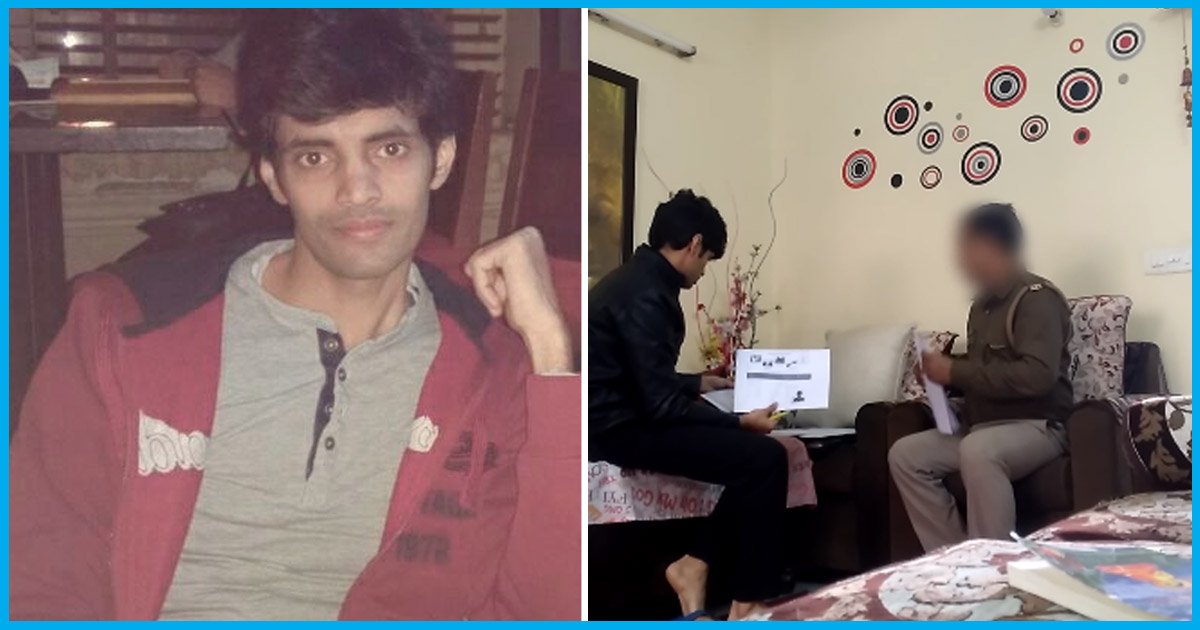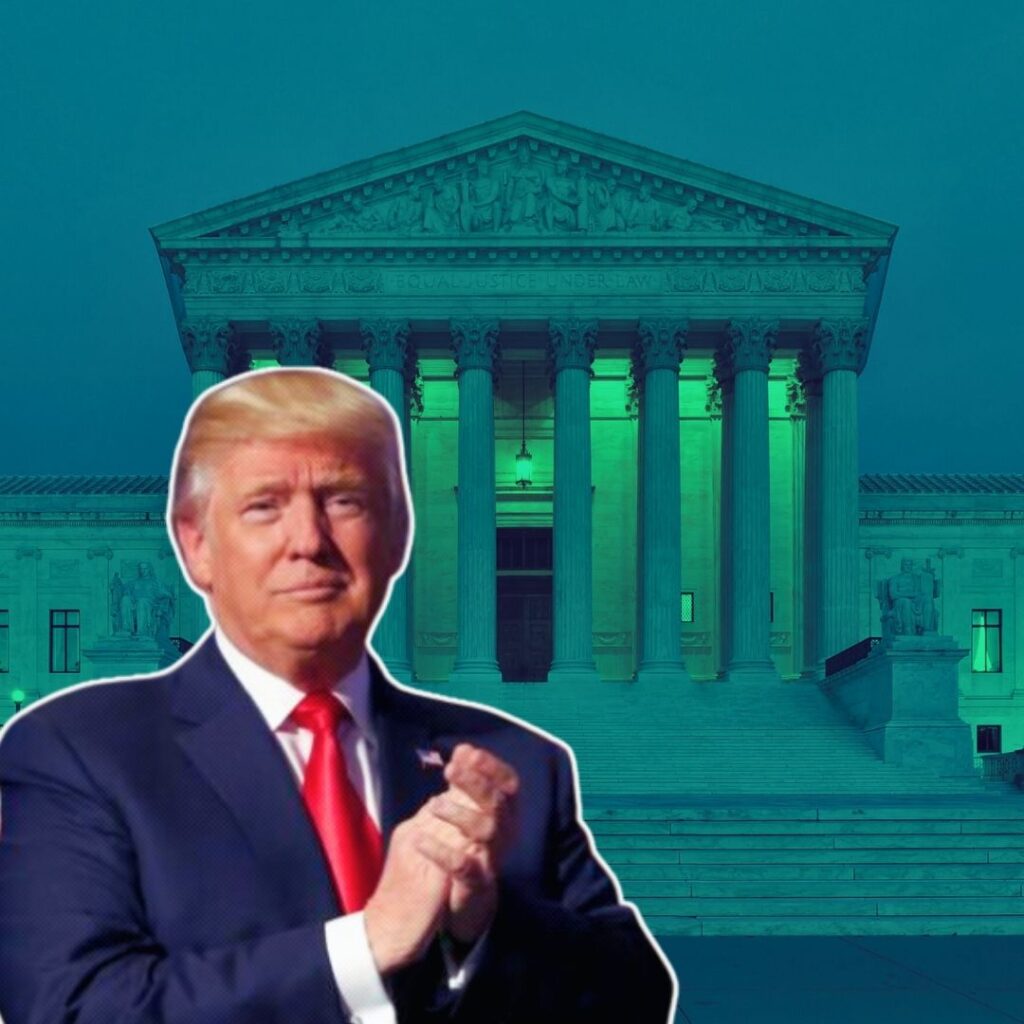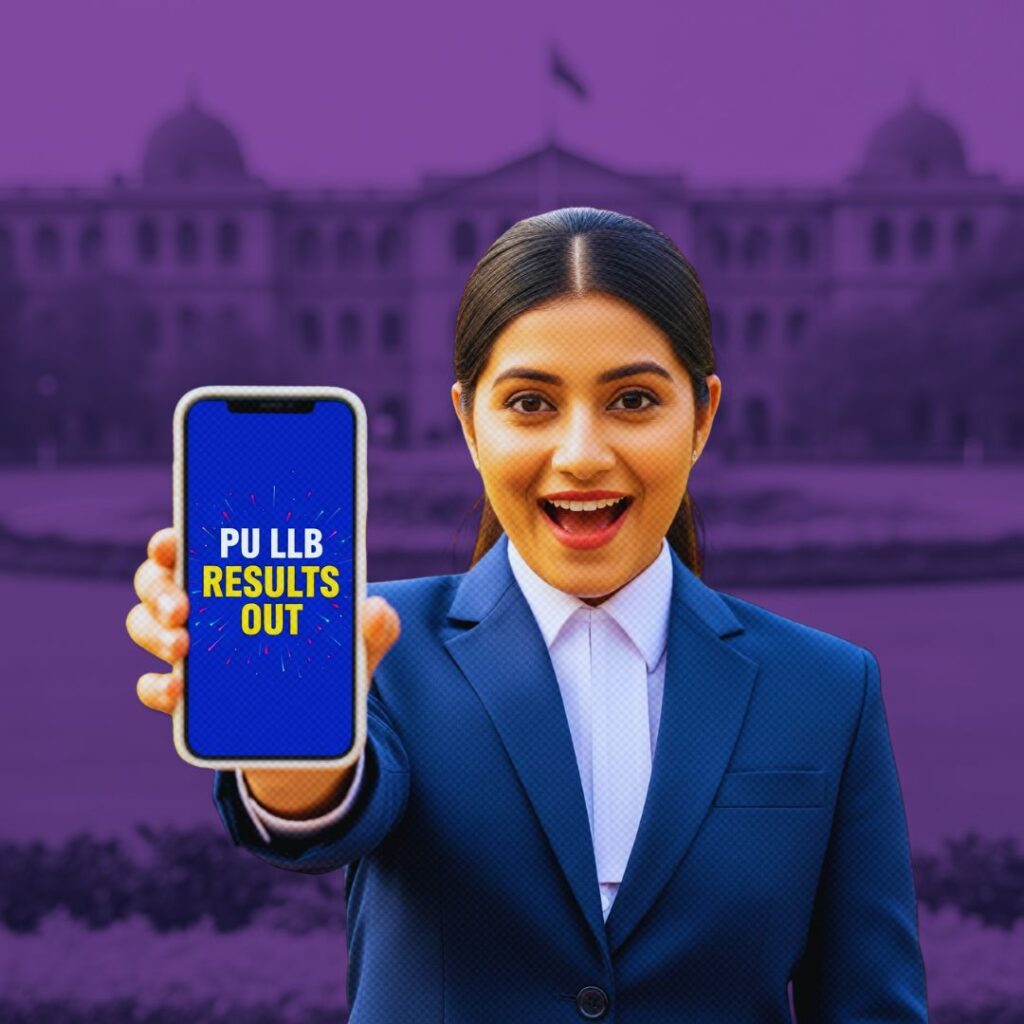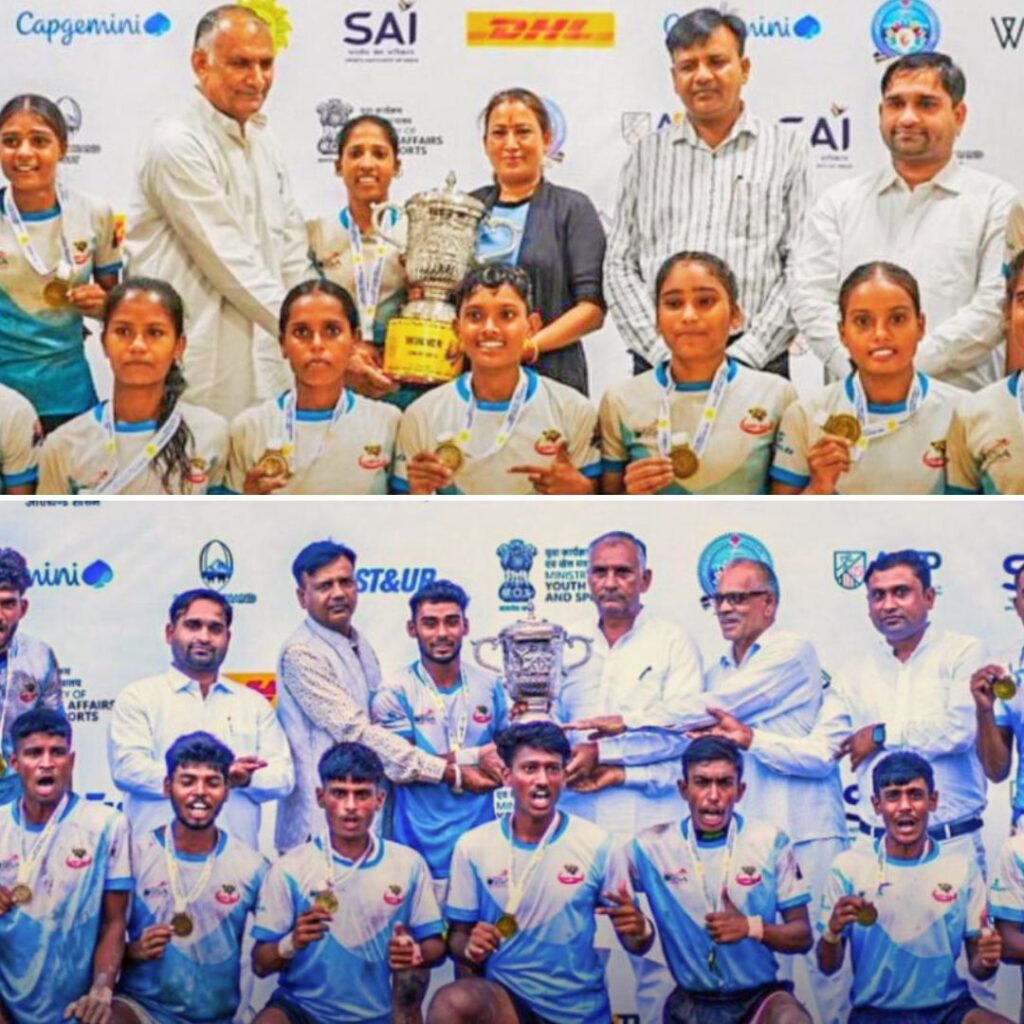Joanne Harris once said, “An apple a day keeps the doctor away. You see, no one’s immune to bribery.”
And indeed, bribery seems to have seeped into almost all aspects of our lives and our society. More worrying than this trend is the normalisation of bribery – we have become so used to it that we have begun seeing it as a part and parcel of everyday life.
In such instances, individual cases and experiences become significant to discuss and learn from. One such example is how Ajay Singh, a software engineer in Ghaziabad, Uttar Pradesh, discreetly filmed a police officer demanding a bribe.
Ajay sent the video to The Logical Indian; it can be viewed below. The officer’s face has been blurred as the objective of this article is not to publicly shame anyone; it is to highlight how bribery has being normalised and mainstreamed in our society.
What happened?
This particular incident took place on the morning of 6 February 2017 in Ajay’s flat in Ghaziabad.
“My passport expired recently,” Ajay told The Logical Indian. “I am a software engineer and my company has a policy wherein employees have to be ready with a valid passport at all times in case of overseas business. I immediately applied to renew my passport. I went to the Passport Seva Kendra, registered, scheduled a meeting with the authorities, and finished the required processes. The next step involved a police official verifying my address.”
While in the Passport Seva Kendra, Ajay interacted with other people applying for their own passports. While talking to them, he was surprised by how almost all of them said that the next process – the police verification – would involve bribing the police official else the process would take ages. Ajay was shocked by how people talked about bribery with such complacency, as though it was a normal component of the process to get a passport.
“Nobody was outraged by it. It was disturbing. Bribery is corruption, it is illegal, but it has become so acceptable to the society.”
What did the police official do?
When the police contacted Ajay, they first asked him to come to the police station for the address verification. Which was meaningless in itself – how can someone verify an address without visiting it in the first place? “I told them ‘You are supposed to verify my address; how can that be done at the police station?’ Either way, they sent a police official to my flat after a few days. He came on the stipulated date, and I positioned my mobile phone with the camera facing the couch before he arrived so that I would have some evidence in case he demanded money.”
The inspecting police officer did not disappoint. After getting Ajay’s signature on the forms and asking for the required documents, he coyly asked for a bribe. Ajay refused, and protested, as can be seen in the video.
“He asks bribe at 3:36 minutes and says confidently, ‘Lao hisaab kitaab kar do,’ and asks Rs 2000 to Rs 4000, which I denied, and I asked for the receipt. He obviously refused and asked why I needed a receipt. To which I sarcastically responded that I would show it to the IT department to get rebate. This made him uneasy. He gave me a suspicious look and rushed out, ensuring me that he would send a positive report only.”
Bribery is a serious problem in India
According to the latest findings (2017) of Transparency International, India had the highest rate of bribery among the 16 Asia-Pacific countries. Among all the respondents from the Asia-Pacific, 22% believed corruption had decreased, while 40% (41% in India) were of the belief that corruption was on the rise (more here).
The report reads that seven out of ten Indians had paid a bribe while accessing public services. In contrast, only 0.2% of the respondents from Japan reported paying a bribe.
In India, the respondents reported the highest bribery incident in procuring public healthcare services and even identification related documents. Almost 59% of the respondents had paid a bribe for such services. Bribes paid for education were next on the list with 58% having reported doing so.
In countries like India, Pakistan and Thailand, it was the economically weaker sections which had to bear the brunt of corruption and pay bribes. 73% of those who paid a bribe in India were from the poorer section of society, in Pakistan and Thailand this percentage was 64% and 46% respectively.
“I blame the system more than the police official.”
“Following the incident, I wanted to share my frustration and the video itself. But I have been warned constantly by a lot of people to not choose this path as it will be directly against the local authorities. They only suggest this because they are my true well-wishers. But if we can, shouldn’t we challenge the corruption? I understand there may never be an ideal society where such things will never happen – but still, I am seeking some help on how to take it forward just to do my bit.”
Ajay continued, “I tweeted to …











